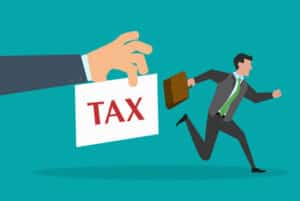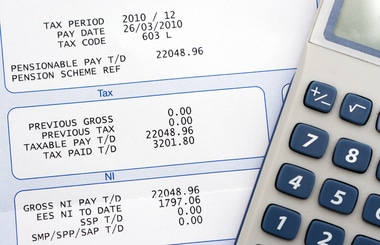Are you working on this year’s tax return or planning for the future? Either way, you should know the rules on business travel tax deductions.
According to the IRS, whether someone travels for work once a year or once a month, figuring out travel expense tax write-offs might seem confusing. Fortunately, the IRS has information to help all business travelers properly claim these valuable deductions while avoiding erroneous deductions that could lead to penalties.

The main travel tax details
Business travel deductions are available when employees must travel away from their tax home or main place of work for business reasons. A taxpayer is traveling away from home if they are away for longer than an ordinary day’s work and they need to sleep to meet the demands of their work while away.
You can’t go over the top and just send the government the bill, however. The IRS reminds travelers that such expenses must be ordinary and necessary. They can’t be lavish, extravagant or for personal purposes. Employers can deduct travel expenses paid or incurred during a temporary work assignment if the assignment length does not exceed one year.
Travel expenses for conventions are deductible if attendance benefits the business. However, the IRS has special rules for conventions held outside North America.
What is deductible?
According to the IRS, the following are all deductible:
- Travel by airplane, train, bus or car between your home and your business destination.
- Fares for taxis or other types of transportation between an airport or train station and a hotel, or from a hotel to a work location.
- Shipping of baggage and sample or display material between regular and temporary work locations.
- Using a personally owned car for business.
- Lodging and meals.
- Dry cleaning and laundry.
- Business calls and communication.
- Tips paid for services related to any of these expenses.
- Other similar ordinary and necessary expenses related to the business travel.
How BlueStone Services Can Help
The IRS may question your deductions, so be sure to keep good records. These records will also help you prepare your tax returns. Evidence of your travel may include receipts, canceled checks and other documents that support a deduction, according to the IRS. Especially if you travel extensively, it is important to work with a qualified tax advisor. At BlueStone Services, we make sure that your records remain up to date and in sync no matter where you do business. Contact us today to get started working with an outsourced accounting service.
Meanwhile, you can check further details on the IRS site.





